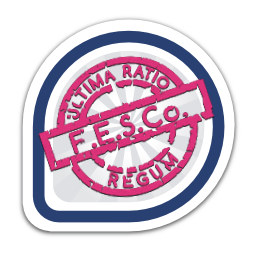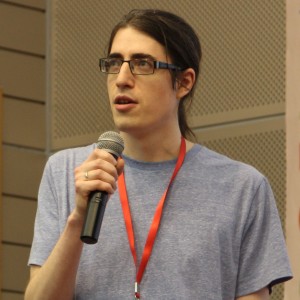This is a part of FESCo Elections interviews series.
Voting is open to all Fedora contributors. The elections started on June 22nd and closes promptly at 23:59 UTC on June 28th.
Please read the responses from candidates and make your choices carefully.
Feel free to ask questions of the candidates here or elsewhere!
Interview with David King (amigadave)
What is your background in Fedora? What have you worked on and what are you doing now?
I work for Red Hat in the desktop team, contributing to Fedora as a GNOME and MinGW packager, as well as an upstream GNOME contributor.
Do you think Fedora should be time based or more feature driven distribution? Or compromise?
Six month release cycles that sync up with upstream projects seem to work well at getting upstream code into the hands of users quickly, for the workstation product, at least. The cloud product would probably benefit from a more frequent release timetable, for example.
What are the most pressing issues facing Fedora today (from engineering POV)? What should we do about them?
Figuring out how much (or little) differentiation will be possible between the different products is going to be interesting over the next few cycles. Additionally, finding a solution to the tide of updates to stable releases is an ongoing task.
What are your interests and experience outside of Fedora? What of those things will help you in this role?
I maintain several GNOME modules upstream, and occasionally write user and developer documentation. I have a broad background as a developer in Free Software, so I help out where I can.
How can FESCo do a better job communicating with the rest of the Fedora community, or do you feel that FESCo is already doing well here?
Meetings already happen in public, with full logs available, so the communication is at least transparent. There is always room for improvement, but I do not think that there are serious communication deficiencies.
What can you accomplish as part of FESCo that you couldn’t accomplish as a contributor to Fedora without sitting on FESCo?
Taking part in FESCo meetings, and voting on Fedora engineering decisions, mostly.
With the advent of Fedora Council now, what do you see as the significance of FESCO in Fedora project?
FESCo is a technical committee to steer the technical direction of Fedora, while Fedora Council is the body responsible for overall community governance, so the significance and scopes are different.
Do you think FESCo can help with the reduction of the backlog of >400 packages awaiting review?
In the same way as all other Fedora packagers, yes, by reviewing review requests.






